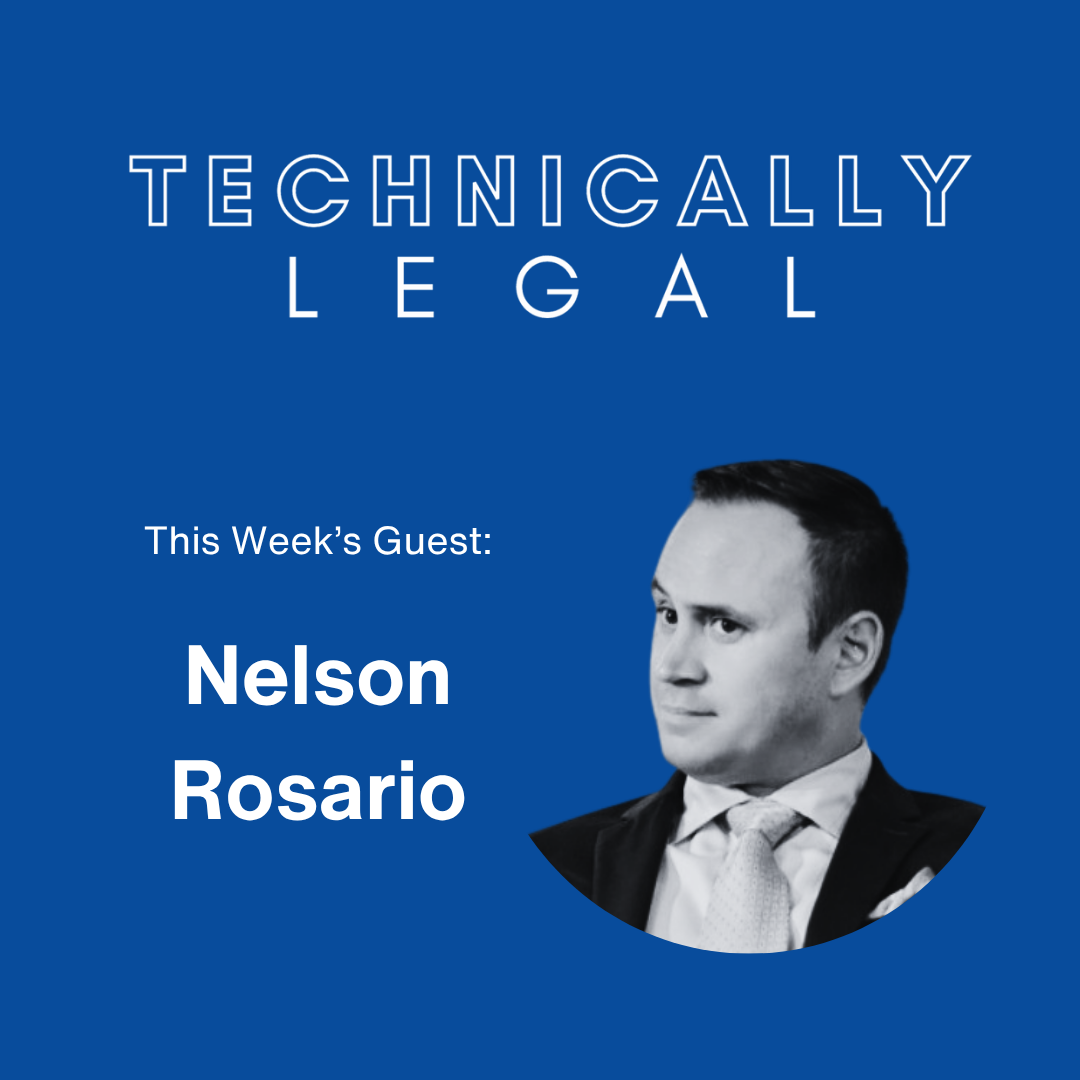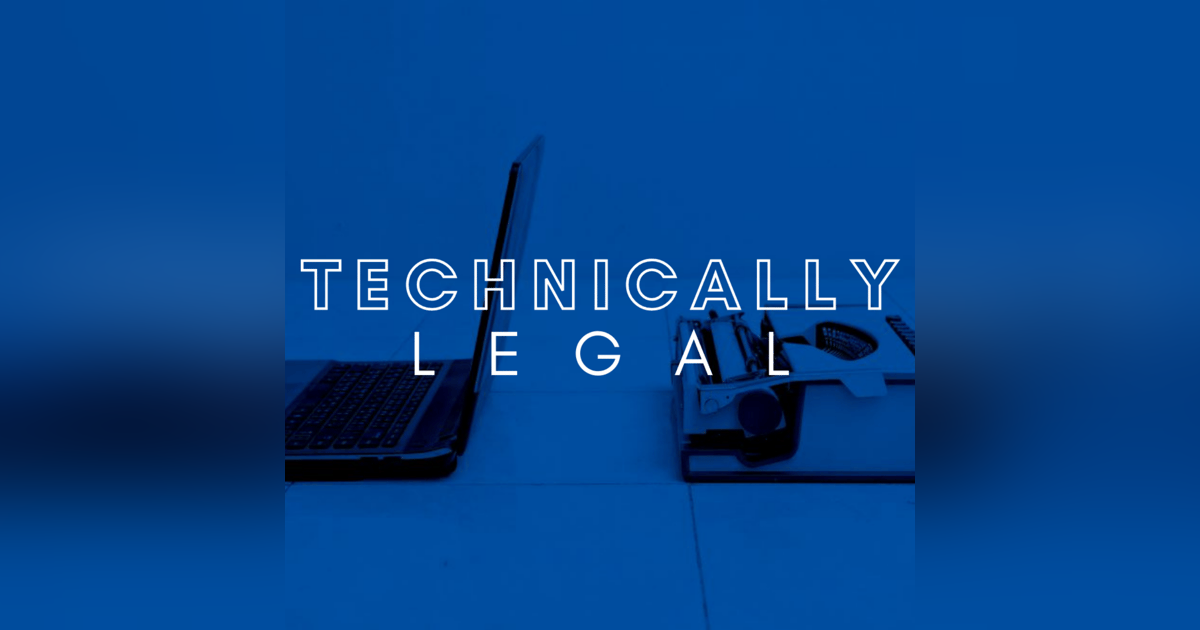Nelson Rosario on Decentralized AI: An Alternative to Big Tech or a Complimentary Approach?


Crypto lawyer Nelson Rosario returns to the show to discuss the evolving landscape of decentralized AI and his role as General Counsel for the the Advanced AI Society (formerly known as the Decentralized AI Society).
Crypto lawyer Nelson Rosario returns to the show to discuss the evolving landscape of decentralized AI and his role as General Counsel for the the Advanced AI Society (formerly known as the Decentralized AI Society), an association focused on engineering best practices, advocating for policy, fostering community, and enabling capital formation for decentralized AI startups
Nelson discusses the changing definition of decentralization, highlighting its origins in early crypto's focus on resilience and censorship resistance, and its current intersection with artificial intelligence. He explains the core reasons driving decentralized AI efforts: the potential for single service providers to control our access to AI models, computing power, and the data that underlies it all.
The conversation explores how decentralized AI aims to offer an alternative to large tech companies like Facebook, Microsoft, and OpenAI, But Nelson also points out the challenges of competing with resource rich organizations and suggests that decentralized AI might complement existing systems by "chopping it up" into distributed components.
The discussion also touches upon current players in the decentralized AI space, notably Bitensor and HyperCycle, and highlights the role of decentralized storage solutions like Filecoin and Arweave.
Nelson concludes by reflecting on the potentially profound societal impact of AI, likening it to other "tectonic technological revolutions" in human history. Drawing from the "Butlerian Jihad" concept in Frank Herbert's Dune, he cautions against blindly trusting AI and underscores the need for humans to remain intentional in their use of technology to prevent a decline in critical thinking and creativity.
Key Takeaways:
-
Decentralization in AI aims to prevent single points of control over models, compute, and data, promoting censorship resistance.
-
Decentralized AI faces challenges in competing with large, centralized tech companies due to their immense resources, but can serve as a complementary set of systems.
-
DePIN (Decentralized Physical Infrastructure) is crucial for the robust existence of decentralized AI applications.
-
Industry associations like the Advanced AI Society play a vital role in setting standards, advocating for policy, building community, and attracting capital for decentralized AI projects.
-
AI represents a transformative technological shift, and intentional human engagement is critical to navigate its societal implications.
Episode Credits
Editing and Production: Grant Blackstock
Theme Music: Home Base (Instrumental Version) by TA2MI













